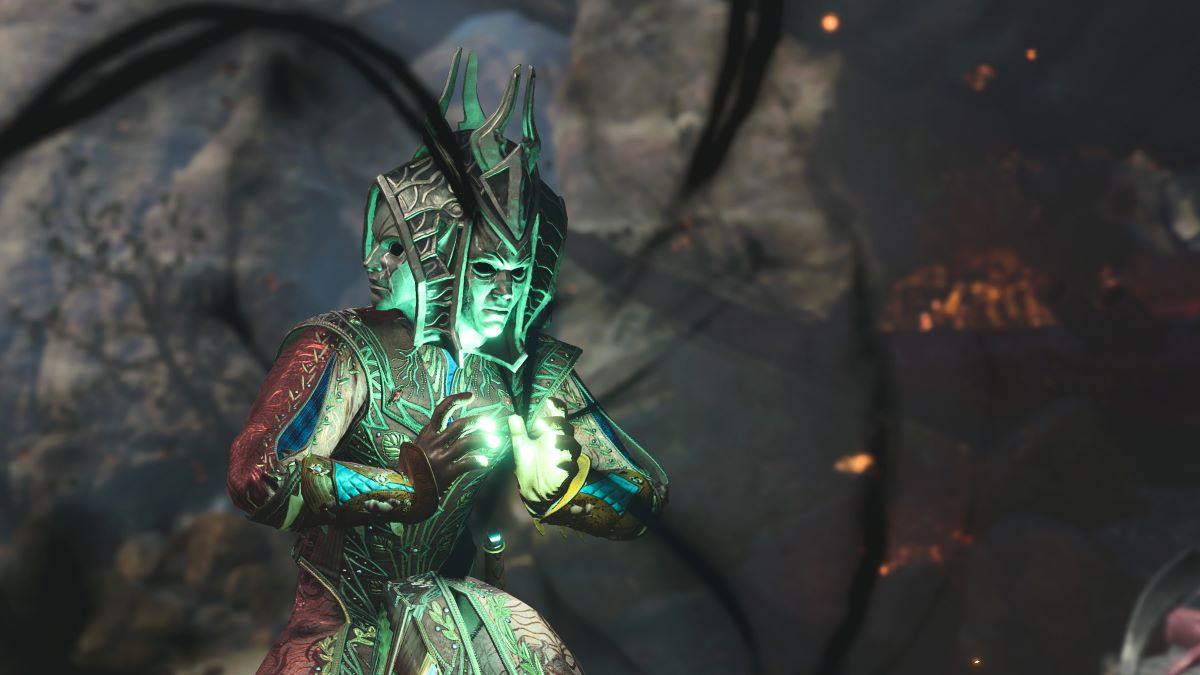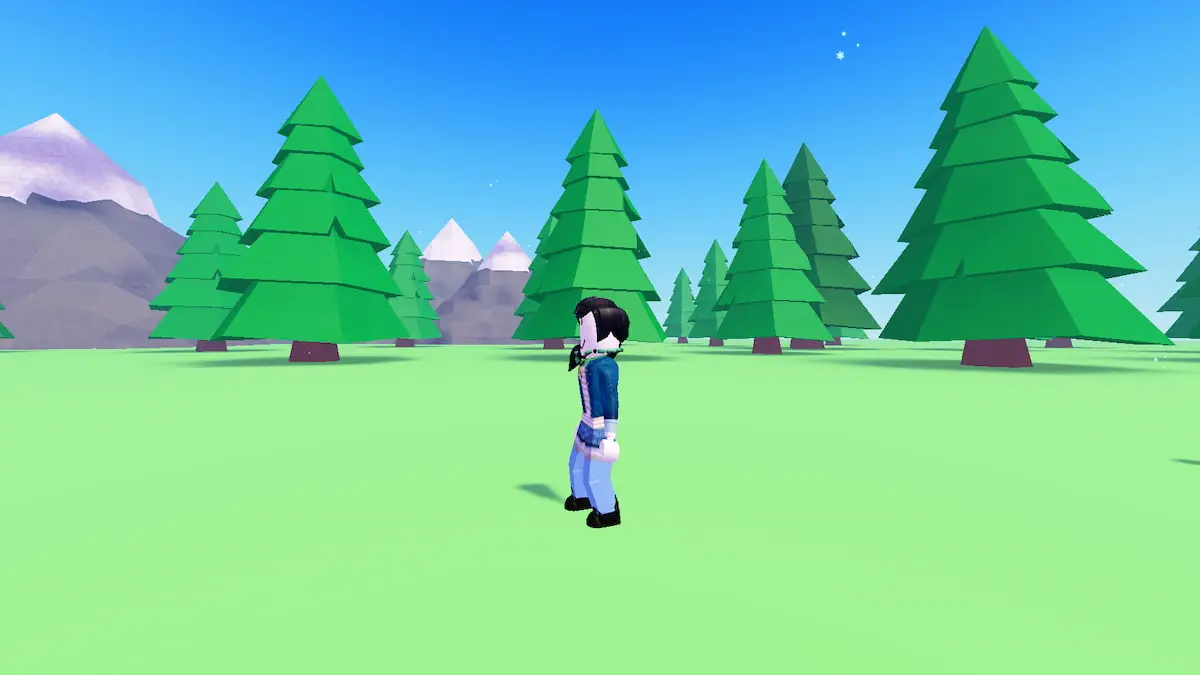You’d think your skills in combat would be the most important aspect of your character in Baldur’s Gate 3; however, in a game with so much happening outside of battles against mind flayers, goblins, and—eventually, I’m sure—dragons, skills become far more important. They allow you to skip combat entirely, impress and beguile, know about the world of Faerun, and even pick some pockets. In short, they put the role-play in RPG more than anything else, and you’ll want to have a solid understanding of them when you build your character. So, if you’re looking to have skills and proficiency in Baldur’s Gate 3 explained, this is your essential guide.
Throughout your adventure, you’ll frequently have to pass skill checks. These are done by rolling a 20-sided die (which automatically takes place). If you have proficiency in a skill, you gain a modifier bonus that makes it easier to ‘pass’ a skill check. If, for example, you want to pick the pocket of a city guard and you must roll a 12 or higher, proficiency in Sleight of Hand will give you a bonus of +2. Rolling a 10 will make it a 12, allowing you to pass the check. That bonus increases as you level to a maximum of +5. Those knowledgeable in the 5th Edition of Dungeons & Dragons will be familiar with this system.
How Do You Get Proficiency in BG3 ?
Proficiency is gained either from your class, your character background, or your race. Your background will automatically provide two skills, and you will have the option to select two more from the pool created from your race and class. Note that proficiency doesn’t stack. Having an Athletics proficiency from both being a Barbarian and a Soldier won’t increase your modifier any higher.
However, there is also equipment proficiency, which is slightly different. Proficiency in medium armor and longswords, for instance, will allow you to use items of that type without any penalty.
All Skills in Baldur’s Gate 3 (BG3)
Acrobatics: Keep your balance. Land on your feet.
Animal Handling: Influence animals. Pet all of the dogs.
Arcana: Recognize magic. Interact with enchanted items.
Athletics: Stay fit. Perform physical stunts.
Deception: Lie and cheat. Manipulate the truth.
History: Remember the past—of the world and its people.
Insight: Read people and situations. Detect lies.
Intimidation: Be a bully. Threaten and induce fear.
Investigation: Analyze clues. Solve mysteries.
Medicine: Recognize symptoms. Diagnose disease.
Nature: Recognize plants and animals. Hug trees.
Perception: Observe your environment. Spot hidden details.
Performance: Entertain audiences. Command the stage.
Persuasion: Turn on the charm. Coax and cajole.
Religion: Recognize deities. Understand holy rites.
Sleight of Hand: Wield nimble fingers. Steal stuff.
Stealth: Stay out of sight. Melt into the shadows.
Survival: Stay alive in the wild. Track prey.
A few of these skills, such as Athletics, Acrobatics, and Stealth have applications in combat as well, keeping you on your feet or helping you hide in the shadows.
As you can see, with all these different skills, role-playing the character you want is incredibly flexible. Selecting your skills and managing your proficiency are among the easier aspects of character creation in Baldur’s Gate 3; choosing your class and your ability scores is a much more daunting task. Lucky for you, we have overviews on every class in the game, from the demon-harnessing Warlock to the smiting Paladin, and how important ability scores work. With all this information under your belt, you’re ready to adventure through the dangerous world of Faerun.






Published: Aug 3, 2023 11:00 am